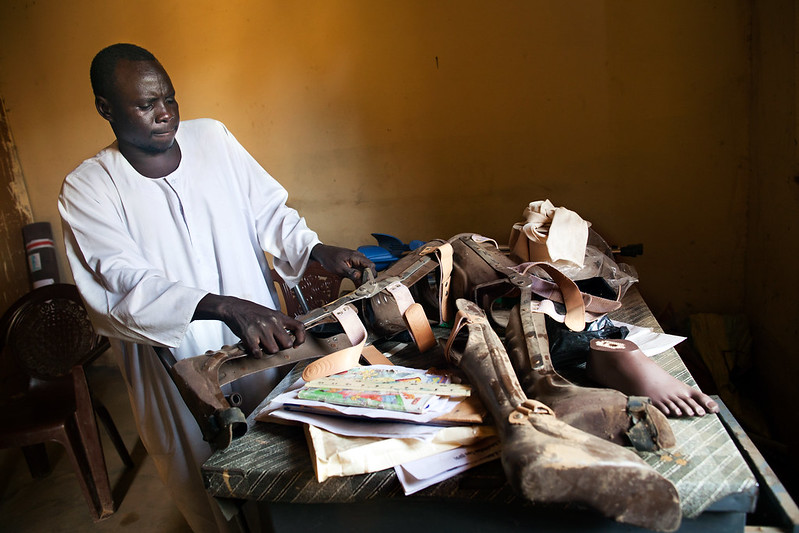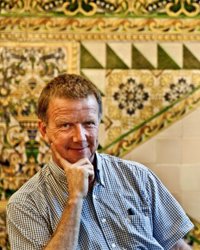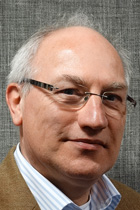Conference: Pushing Boundaries in Advocacy for Inclusion
 Source: United Nations Photo
Source: United Nations Photo
What is the best way to strengthen political participation of people facing marginalisation and discrimination in the global South? How can unheard voices be amplified and connected in efforts to leave no one behind? What evidence exists about effective advocacy methods and collaborations?
These and other questions are central in the upcoming conference ‘Pushing Boundaries in Advocacy for Inclusion’ - hosted by the Liliane Foundation, the Dutch Coalition on Disability and Development, and the African Studies Center Leiden.
This conference provides an opportunity for professionals, activists, policy makers, media and academics to share their knowledge, experiences and emerging insights on advocacy for inclusion by and with a wide range of rightsholders groups. Key themes include the success factors of advocacy, the importance of intersectionality and the roles of Northern and Southern organisations in advocacy networks.
Moderator on this day will be Clarice M.D. Gargard (The Correspondent, NRC).
This conference is part of the project 'Breaking Down Barriers'.
Speaker
 Duncan Green is a Senior Strategic Adviser at Oxfam GB and Professor in Practice in International Development at the London School of Economics, honorary Professor of International Development at Cardiff University and a Visiting Fellow at the Institute for Development Studies. He is author of How Change Happens (OUP, October 2016) and From Poverty to Power: How Active Citizens and Effective States can Change the World (Oxfam International, 2008, second edition 2012). Read his daily development blog.
Duncan Green is a Senior Strategic Adviser at Oxfam GB and Professor in Practice in International Development at the London School of Economics, honorary Professor of International Development at Cardiff University and a Visiting Fellow at the Institute for Development Studies. He is author of How Change Happens (OUP, October 2016) and From Poverty to Power: How Active Citizens and Effective States can Change the World (Oxfam International, 2008, second edition 2012). Read his daily development blog.
 Ton Dietz was the director of the African Studies Centre Leiden and Professor of the Study of African Development at Leiden University from May 2010 until September 2017. Although he is now officially retired, he is still active as co-chair of the Leiden African Studies Assembly (LeidenASA).
Ton Dietz was the director of the African Studies Centre Leiden and Professor of the Study of African Development at Leiden University from May 2010 until September 2017. Although he is now officially retired, he is still active as co-chair of the Leiden African Studies Assembly (LeidenASA).
Before coming to Leiden Ton Dietz was a Professor of Human Geography at the University of Amsterdam (1995-2010; he still is a Guest Professor at the UvA), and Scientific Director of the National Research School for Resource Studies for Development, CERES, and a Professor at Utrecht University (2002-2007; half time).
Ton Dietz studied human geography in Nijmegen (1969-1976), and defended his PhD at the University of Amsterdam (in 1987). He became Doctor of Science Honoris Causa at Moi University, Eldoret, Kenya, in 2007, and he received a Laureat d’Honneur from the International Geographical Union in Kyoto in 2013.

